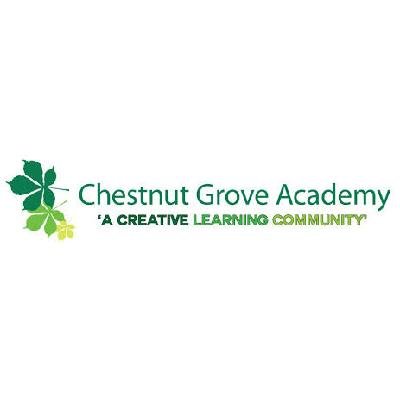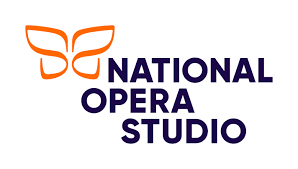
Music for all.
We offer in-school, one-to-one music tutoring tailored for mainstream music curriculum and students with Special Educational Needs & Disabilites (SEND) — guided by a designated specialist working closely with families and schools to create personalised, accessible music lessons that support confidence, communication, and creativity.
Why do we need SEND for a Music Tutor?
In the UK, there are fewer and fewer schools who can afford to sustain music departments and music programs and give sufficient SEND support. Either the music program reduces, is removed all together or the quality of teaching suffers and our students do not receive the attention they deserve.
With no music department, our children are seeing worsened mental health and reduced cognitive development and intelligence. Some, who find sanctuary in your music rooms, lose their safe space. Those who find music alleviates their SEND symptoms lose this outlet.
The solution? Outsource all music administration to SEND for a Music Tutor and focus on the engagement and support of your students. Our team is expertly equipped to handle all SEND training, support, hiring, scheduling, safeguarding, payment and teaching for our lessons and ensembles.
We strip away all distracting and expensive music and HR administration, making your music department and tutors more efficient and affordable with the same high quality teaching output we expect for all of our schools.
We can take over existing music departments or build anew from scratch.
So no child misses out on music education.
Who do we work with?
We work with schools across the UK, providing one to one music tuition and SEND specialised tutoring in mainstream schools and access to playing in small ensembles & orchestras. Here is a selection of the schools that we work with. Do we work with your school already? Please get in touch regardless.

Ark Bollingbroke

Ark Putney

Burntwood

Chestnut Grove Academy

The National Opera Studio

St. Cecilia's

Graveney

Wandsworth Music
Benefits to music learning
There have been many studies published on the benefits of learning music from a young age including but not limited to:
Brain Development: releases dopamine and oxytocin encouraging sharing, empathy and trust.
Emotional Development: improves mood and regulates emotions.
Language Development: can help to develop early language skills.
Motor Skills: help to develop fine and gross motor skills through rhythm and dancing.
Cognitive Development: improves concentration, memory and spatial awareness.
Social Development: improves cooperation and cross-cultural awareness.
Self-esteem: can help children build confidence and self-esteem.
Creativity: can help children express themselves creatively.
In addition to the many general benefits, music education has shown particular promise for children with SEND. Music can be an incredibly powerful and inclusive tool, offering alternative pathways to learning and expression.
Here are some ways music supports children with SEND:
Non-verbal Communication: For children who are non-speaking or have limited language, music offers a way to communicate feelings, ideas, and needs through sound, movement, or instruments.
Routine & Predictability: Musical structures like rhythm and repetition can create a sense of safety and routine, which is especially helpful for Autism Spectrum Disorder (ASD) learners.
Sensory Integration: Playing or moving to music can gently support sensory processing and integration, improving body awareness and self-regulation.
Emotional Expression: Music gives children a safe and creative outlet to explore and express emotions, reducing anxiety and frustration.
Increased Engagement: Many children with SEND are naturally drawn to music, which can help boost motivation and focus — especially in a school settings.
Strength-Based Learning: Music provides an opportunity for students to shine in areas that aren't measured by traditional academics, supporting confidence and self-esteem.
Social Interaction: Group music-making encourages turn-taking, active listening, and shared attention — all key social skills.



